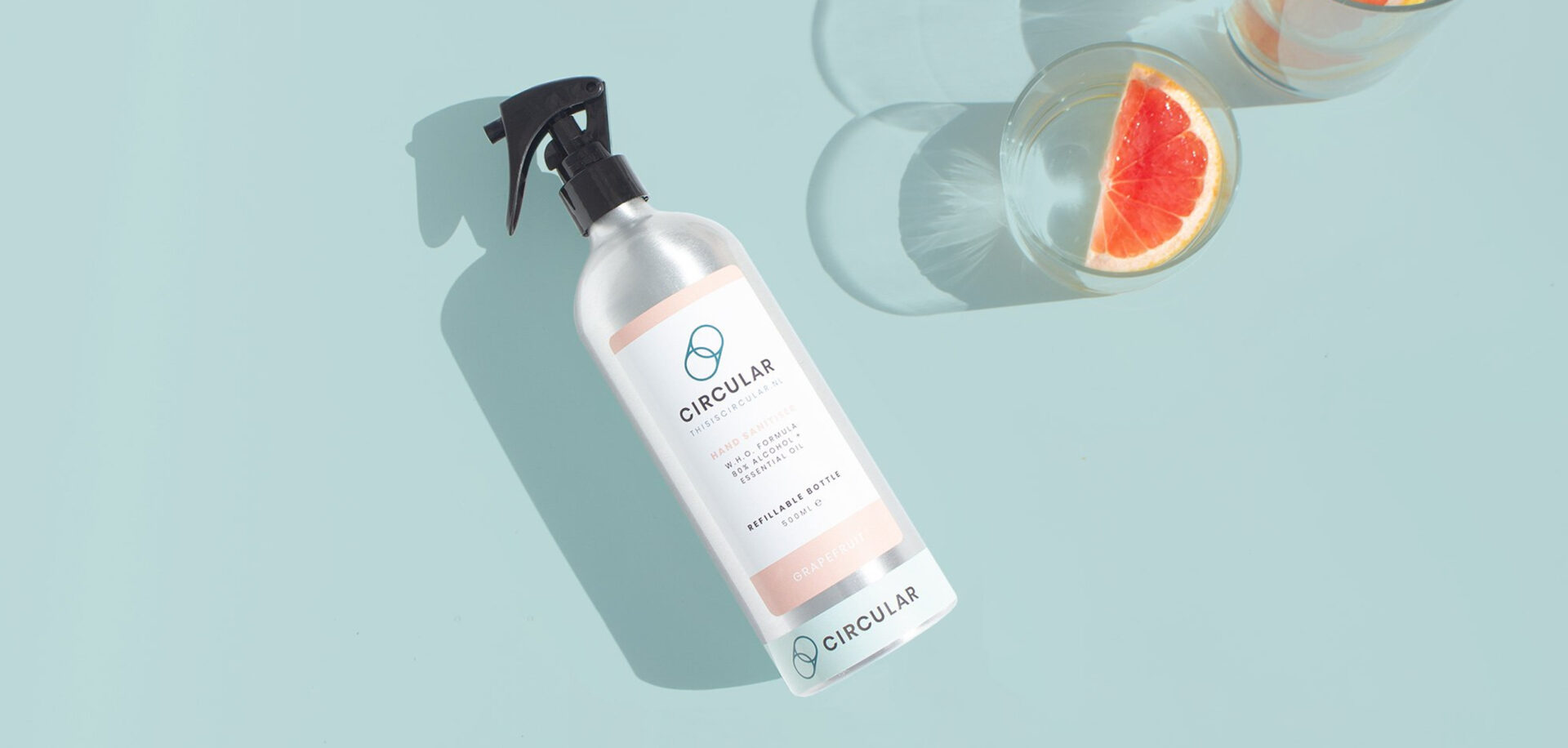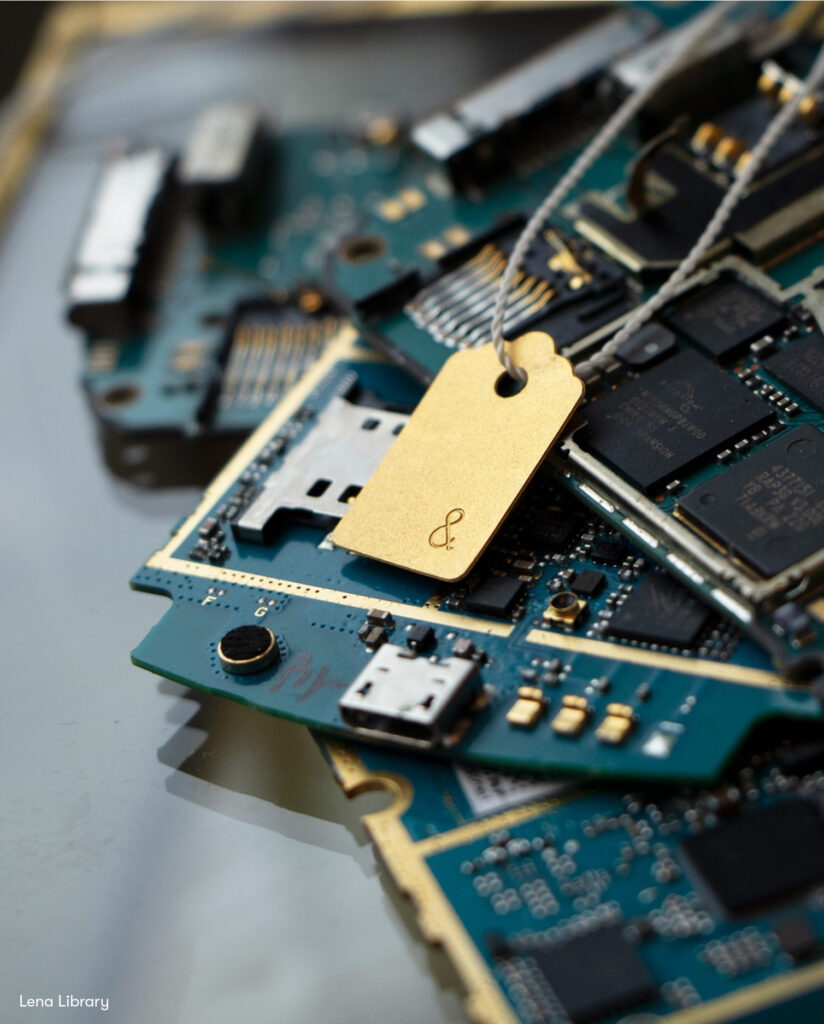The legal challenges of circular economy

Doing well by doing good
When materials and objects are reused, repaired or recycled, and production chains are redesigned to minimise waste, the continual use – in our present linear economy – of primary raw materials (such as minerals, fossil fuels and metal ores) is greatly reduced. By transitioning towards a circular economy, which eliminates waste and the continuous use of limited resources, we evolve into a more sustainable society, based on new ways of production and consumption.
This is not just a matter of sustainability. Over the years, circular economy-based business models have already proven to have a competitive advantage: these business models generate profit and perform successfully, while explicitly taking into account the interests of all company stakeholders. Doing well by doing good: it’s a win-win for business and it’s a win-win for the economy and the society.
The current legal framework does not fit a circular economy
When moving from a linear to a circular economy, legislation and regulation can promote as well as hamper this evolution. Clearly, the current legal framework in the Netherlands is not designed and tailored to the transition towards a circular economy. Let’s have a look at some examples of legal challenges:
Contrary to the traditional, linear-based model, a widely developed circular-based model is built on the foundation that a producer or supplier is selling the use – not full ownership – of a product. More and more online platforms are providing local communities with the opportunity of shared ownership of these products. This leads to a different concept of legal ownership, which, in turn, results in new ways of levying taxes and structuring social security. In addition, new questions regarding responsibilities and liability of suppliers, producers and users of products in a circular economy must be raised. Also, for the new and upcoming providers of online platforms, protection of personal data of their users comes in play. Especially when an investigative authority requests such data. And last but not least: as entrepreneurs transition to reusing, repairing or recycling materials instead of throwing them away, they need to take a careful look at the intellectual property rights of their products. A breach of such rights could have a major financial impact on a startup.
This is where De Brauw comes in
As a partner of Impact Hub, we use our expertise to advise on pivotal topics to run a successful circular and sustainable business. Because startups keep developing new and innovative products and business models, we are continuously challenged to think of creative ways and practical approaches to using the current legislation and regulation in a changing economy. And that’s what we love.
During the Impact Hub Plastic Free Ocean Accelerator, for example, we closely worked with PlasticRoad. This startup had developed a prefabricated, modular and hollow road structure, based on recycled plastic, with a significantly smaller carbon footprint. Construction and maintenance were faster, simpler and more efficient compared to a traditional road. Over four-months, we helped PlasticRoad overcome several legal challenges, in order to build a strong legal foundation for the business.

Looking forward
Although current legislation and regulation in the Netherlands is not circle economy-proof, times are changing. The need for progressive legislation, which encourages innovation and helps develop the circular economy, is growing. This need is confirmed by the Minister for the Environment and the Minister of Economic Affairs, who have introduced a government-wide programme aimed at developing both a circular economy in the Netherlands by 2050 and a 50% reduction in the use of primary raw materials by 2030. The long-term goal: remove barriers and provide forward-looking room in the legislation to benefit a circular economy. In the meantime, we will keep working together with startups to help them develop successful circular and sustainable businesses. To be continued!
Join our Circularity Ecosystem
This story is part of the Impact Hub Circularity Ecosystem. In this Ecosystem, we bring together and strengthen relationships between entrepreneurs, investors, government, and other organisations, to spur innovation and co-create the circular economy. If you are also working on the transition towards a circular economy, read more and join our Ecosystem!
Written by Rachel Pouwer, Corporate Governance Analyst at De Brauw Blackstone Westbroek